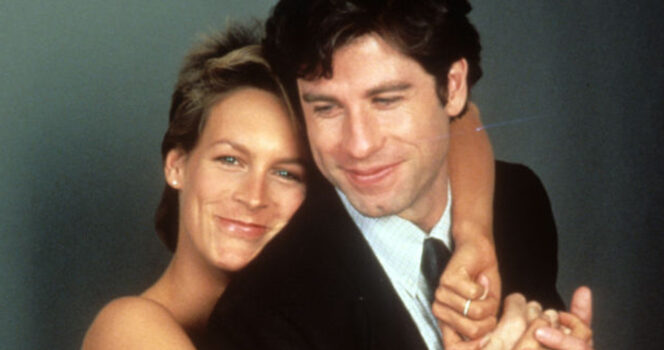Perfect: The 1985 Box Office Failure That Became a Cult Classic
In 1985, Hollywood had high expectations for Perfect, a film crafted to capitalize on star power, modern production, and a relevant cultural topic. With a budget of $20 million, an all-star cast including John Travolta and Jamie Lee Curtis, and direction by James Bridges, the film seemed poised to make a major splash. However, it quickly became one of the most talked-about flops of the decade, grossing only $12.9 million worldwide. Despite its disappointing box office returns, Perfect became an unlikely cult classic due to its unintentional campiness, notorious aerobics scenes, and odd creative decisions. But how did such a promising project miss the mark?
The High Hopes Behind Perfect
When Perfect was announced, it was considered a surefire hit. John Travolta was at the height of his career following the success of Saturday Night Fever and Grease, while Jamie Lee Curtis had already made a name for herself in both horror and comedy. The film, loosely based on a Rolling Stone article by journalist Aaron Latham, aimed to explore the burgeoning fitness culture of the 1980s. Aerobics was becoming a national obsession, and the idea of setting a drama against the backdrop of fitness clubs seemed timely and innovative. Backed by Columbia Pictures and directed by James Bridges, a respected filmmaker, expectations were at an all-time high for the film.
Where It Went Wrong
Despite the strong foundation, Perfect faced several issues right from the start. One of the most significant problems was the film’s unclear tone—it tried to be a romantic drama, an investigative piece, and, unintentionally, a comedy. The story centers around a journalist (Travolta) who is writing about the fitness craze while simultaneously developing a romantic relationship with an aerobics instructor (Curtis). However, instead of delivering a powerful narrative, the movie became known for its awkward dialogue, forced chemistry between the leads, and aerobics scenes that felt more like an over-the-top music video than a serious film.
The aerobics sequences in particular were problematic—not for their physical rigor but for the exaggerated energy and suggestive overtones. Intended to showcase the excitement of the fitness movement, these scenes instead came across as unintentionally comedic, with exaggerated facial expressions, tight close-ups, and exaggerated sensual dance moves. What was meant to evoke a sense of vigor and fun ended up feeling ridiculous and out of place. These moments would later become the film’s most memorable—though not for the reasons the filmmakers intended. Over the years, these aerobics scenes have been endlessly parodied, contributing to the film’s campy legacy.
Additionally, Perfect failed to connect with audiences emotionally. The characters felt underdeveloped, and the storyline lacked any significant depth. Critics were quick to dismiss the film, calling it “misguided,” “tone-deaf,” and “unintentionally hilarious.” The film’s failure to address its themes in a meaningful way left it feeling shallow and uninspired.
From Box Office Flop to Cult Classic
Although Perfect was a financial and critical disappointment upon its release, it found a second life in later years. Over time, the film gained a cult following, especially among fans of 1980s nostalgia and those who enjoy unintentionally campy films. The aerobics sequences, once ridiculed, are now celebrated for their sheer absurdity and over-the-top nature, earning a place in pop culture references and meme history.
Beyond its camp appeal, Perfect also stands as a fascinating time capsule of 1980s culture. The film captures the rise of health clubs, the obsession with celebrity fitness trends, and the unique aesthetic of the era. The film’s vibrant colors, excessive glamour, and emphasis on physicality make it a snapshot of the decade’s fixation on fitness and beauty. Though it didn’t achieve the success originally anticipated, Perfect remains a noteworthy part of cinema history, offering entertainment for reasons far beyond what the filmmakers initially intended.
